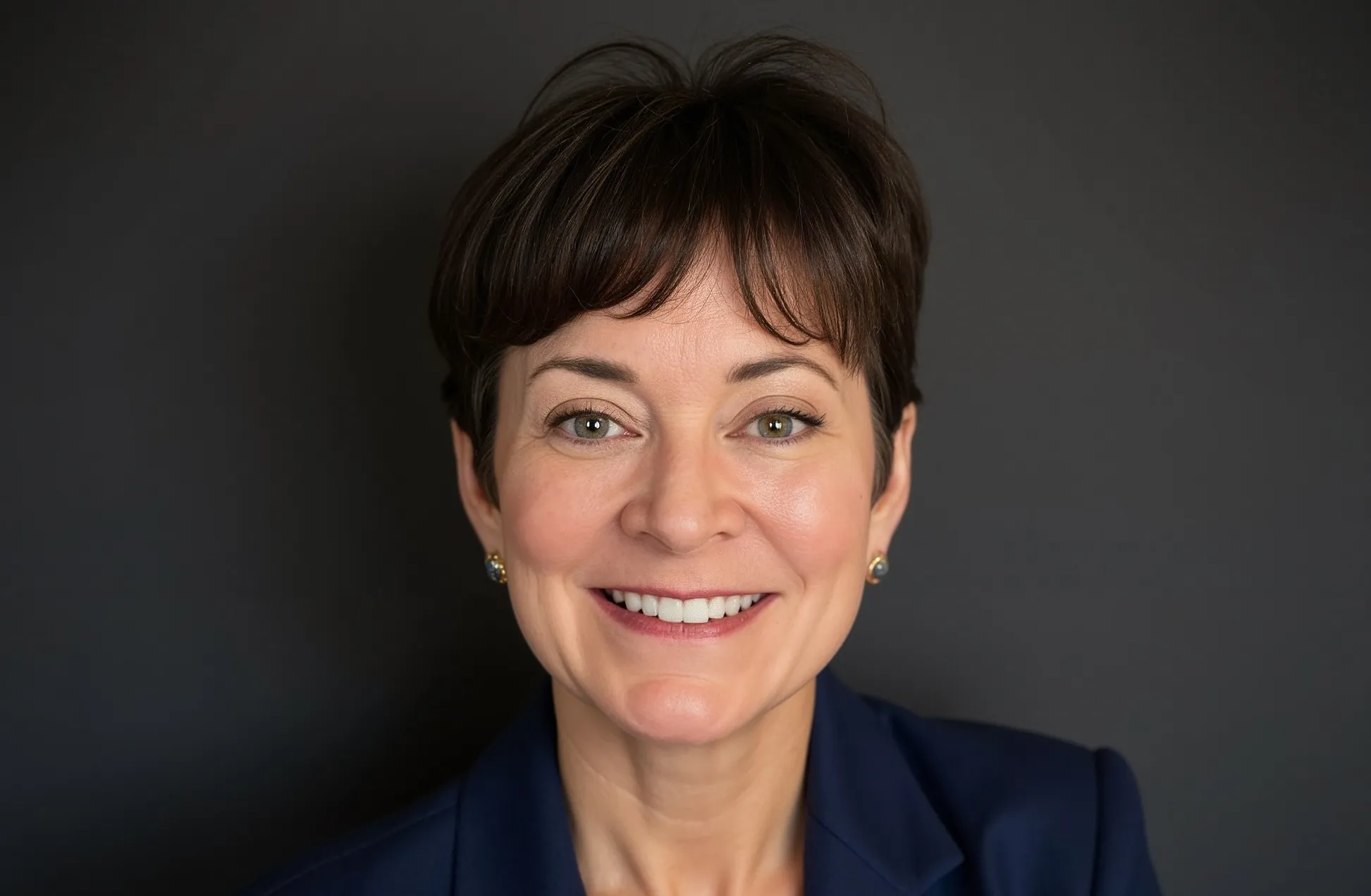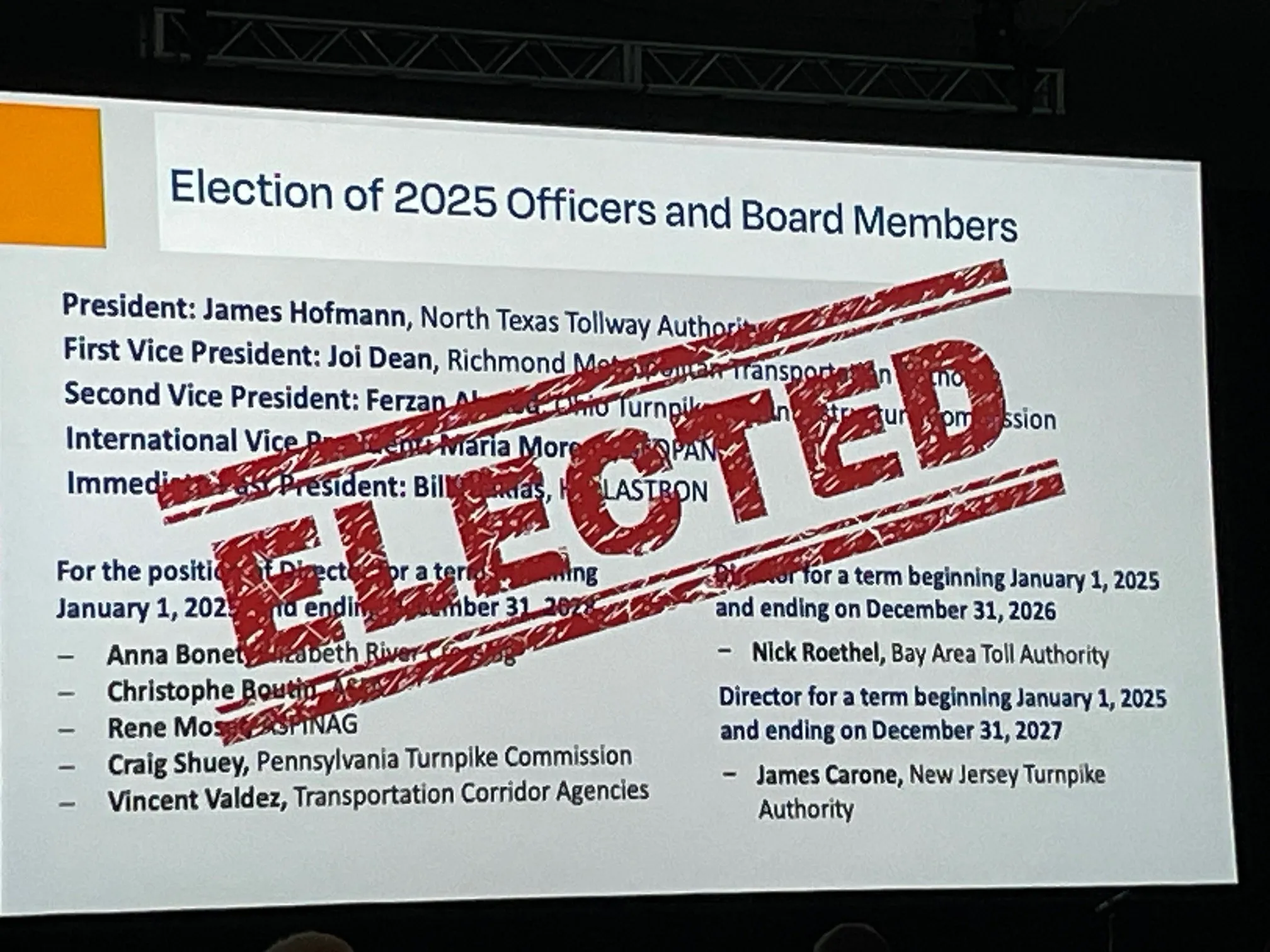
The unexpectedly short tenure of Kathryn Clay as the head of IBTTA is over - a surprise decision which was 'mutually agreed'.
Appointed in January, following an extensive search process, as executive director and CEO of the Washington, DC-based tolling organisation, Clay has now left the organisation.
"Kathryn has mutually agreed with the board to step down," says Tanya Sheres, IBTTA vice president, communications, marketing and media relations.
"Wanda Klayman, a 20-year veteran of the association and current deputy executive director, has been appointed interim executive director and CEO," Sheres adds. "The board has full confidence in her leadership as we continue our focus on operational excellence and member service."
Klayman was long-time deputy to Clay's predecessor, Pat Jones, who led IBTTA for two decades.
Clay took over after five years at the head of a trade body in a different field, the International Liquid Terminals Association (ILTA).
She recently gave an interview to ITS International, in which she said: "A career is about finding what's your best and highest use."
Trained as a scientist, Clay has a PhD in physics, and a master's degree in electrical engineering. She came to Washington, DC as a science advisor for a year to work for a senator: "I found that being in the role of a translator between science and technology and ‘policyspeak’ was something I was good at and that I really enjoyed."
She held roles in the Committee on Science at the US House of Representatives, and the US Senate Committee on Energy and Natural Resources, before working for the American Gas Association and Alliance of Automobile Manufacturers.
"They've always been industries that had a high tech component, that had something important they needed the government to understand about their role and what kind of support - or lack of intrusion - they needed. You're always going to have the technology side and the policy side, and that is my sweet spot," she told ITS International.
On LinkedIn she announced she was starting a new position as faculty member at her alma mater, the University of Michigan.
Clay told ITS International: “In my time with IBTTA, I learned a great deal from many of the industry’s talented professionals about how vital tolling and road use charging are to maintaining our nation’s transportation infrastructure. I’m grateful that I will have those insights to draw on in my future work on energy and transportation policy.”
In her statement, Sheres said: "IBTTA thanks Kathryn Clay for her contributions in early 2025."









